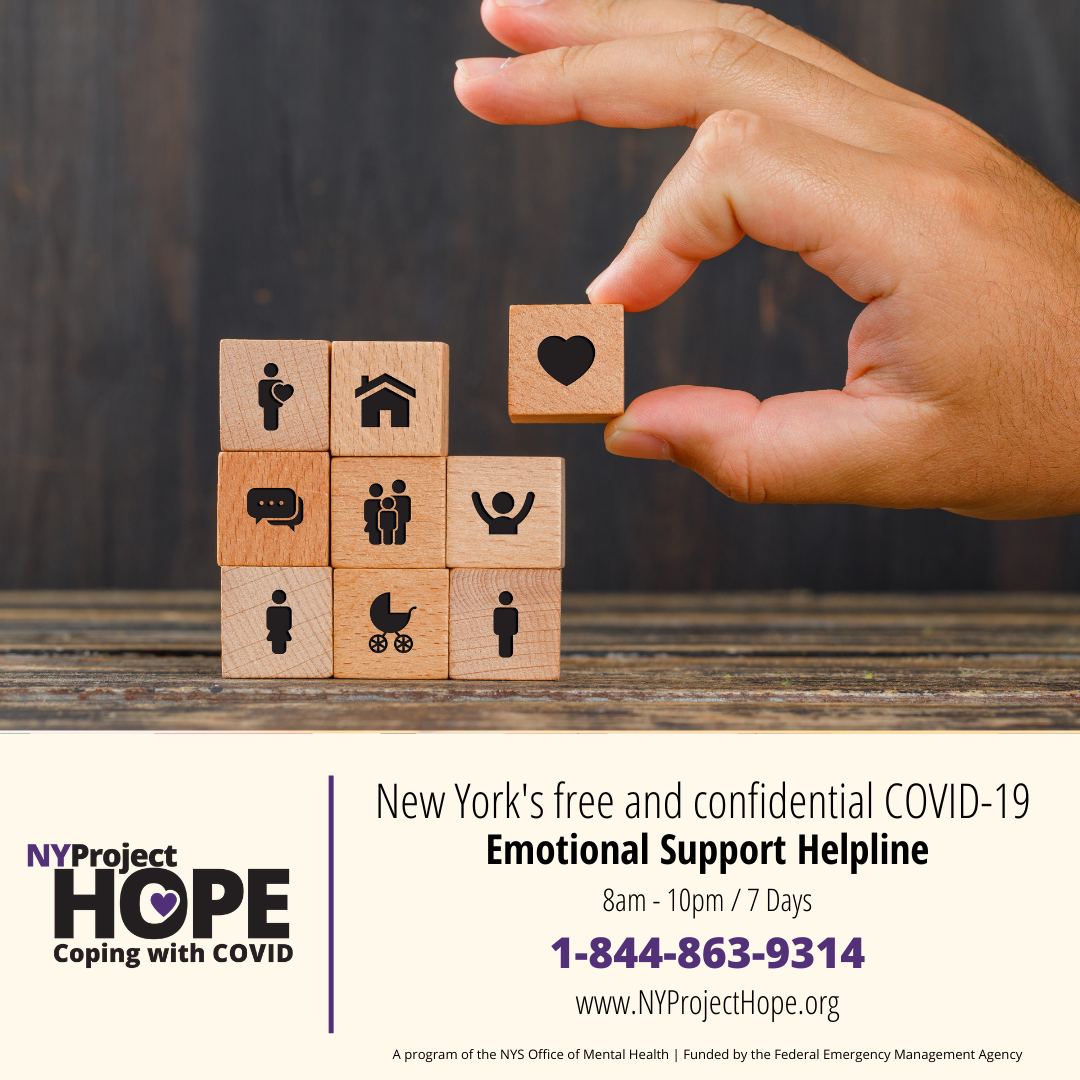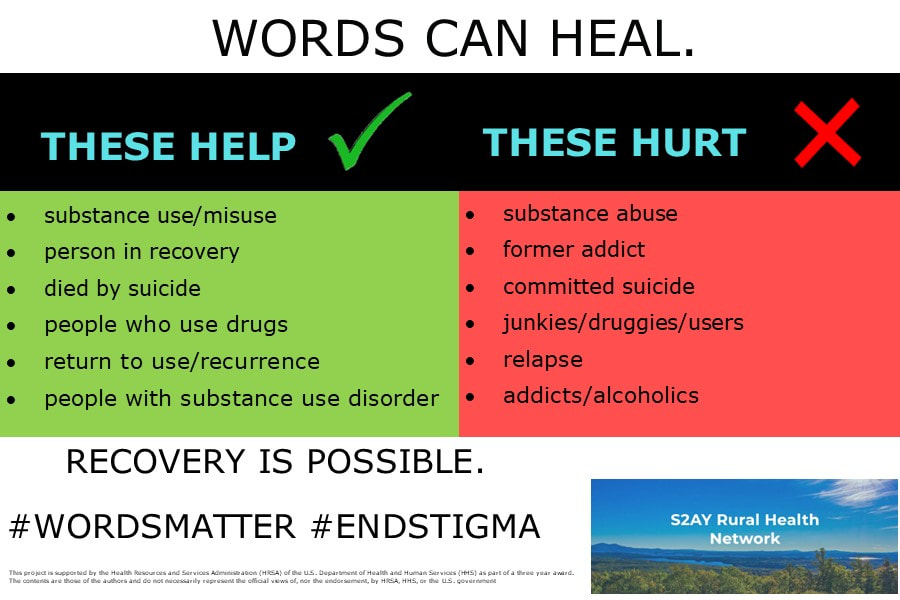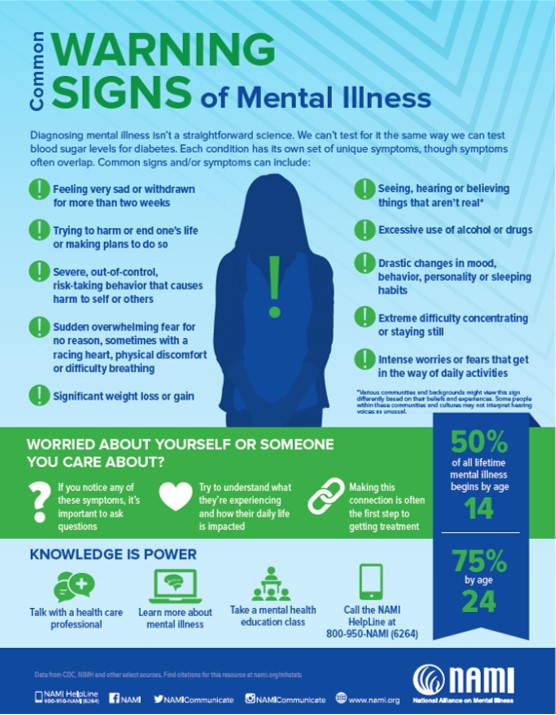
Our mental health has a significant impact on our overall well-being. Emotional and mental health impacts how we feel, think, and behave as well as how we respond to stress, difficult life situations, and how we cope on a day-to-day basis. The CDC estimates that more than 50% of American’s will be diagnosed with a mental illness during their lifetime. 1-5 experience a mental illness in any given year. (1) Though there is not one specific cause for a mental illness, some factors that contribute to a mental health disorder include: Adverse Childhood Experiences (ACEs), biological and chemical imbalances, chronic medical conditions, and substance use.
Adverse childhood experiences, or ACEs, are potentially traumatic events that occur in childhood (0-17 years). For example:
- experiencing violence, abuse, or neglect
- witnessing violence in the home or community
- having a family member attempt or die by suicide
- substance misuse
- mental health problems
- instability due to parental separation or household members being in jail or prison
ACEs are linked to chronic health problems, mental illness, and substance misuse in adulthood. ACEs can also negatively impact education and job opportunities. However, ACEs can be prevented.
To learn more about ACEs and prevention please visit https://www.cdc.gov/violenceprevention/acestudy/prevention.html
- cdc.gov
If you are experiencing a life-threatening emergency please dial 911.
Other crisis support services include:
Local Crisis Services: 2-1-1
Crisis text-line: Text HOME to 741741
National Suicide Prevention Line: 1-800-273-8255
Veteran’s Crisis Line: 1-800-273-8255 or text 838255
National Human Trafficking Line: 1-888-373-7888
National Sexual Assault Line: 1-800-656-4673
National Domestic Violence Line: 1-800-799-7233



